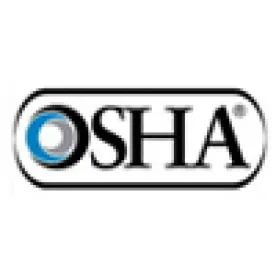California Governor Jerry Brown signed A.B. 1634 into law on September 20, 2014, a new bill that significantly changes an employer’s obligations to abate alleged workplace safety and health hazards in California and reduces the ability of the California Division of Occupational Safety and Health (DOSH) to make modifications to civil penalties.
When the new law comes into effect on January 1, 2015, DOSH will now be prohibited, in the case of serious violations, from granting proposed modifications to civil penalties for abatement or credit for abatement unless the employer has done one of the following three things: (1) abated the violation at the time of the initial inspection; (2) abated the violation at the time of re-inspection (prior to a citation being issued); or (3) has submitted a signed statement under penalty of perjury with supporting evidence to show the violation has been abated (this must be received by DOSH within 10 working days of the date fixed for abatement). While the new bill provides that “[t]he submission of a signed abatement statement shall not be considered as evidence of a violation during an appeal,” it seems difficult to comprehend how the ability to abate and the method of abatement will not be considered as evidence that the employer violated the Act, especially in General Duty Clause cases.
A.B. 1634 notes that if DOSH fails to receive evidence of abatement or the signed statement within 10 working days after the end of the abatement period, it will notify the employer that additional civil money penalty for failure to abate will be assessed retroactive to the end of the abatement period unless the employer can provide sufficient evidence that the violation was abated prior to that date. DOSH will also conduct a re-inspection of serious violations within 45 days following the end of the abatement period whenever it does not have evidence of abatement.
In addition, in the case of serious, repeat serious, or willful violations, an appeal to the Occupational Safety and Health Appeals Board (OSHAB) by the employer will no longer stay or suspend the requirement to abate the hazards unless the employer can demonstrate by a preponderance of the evidence that a stay or suspension of the abatement will not adversely affect the health and safety of employees. The employer must request a stay or suspension of abatement by filing a written, verified petition with supporting declarations with the OSHAB within 10 days after the issuance of the order or decision.
To read more about this, follow this link.




 />i
/>i

